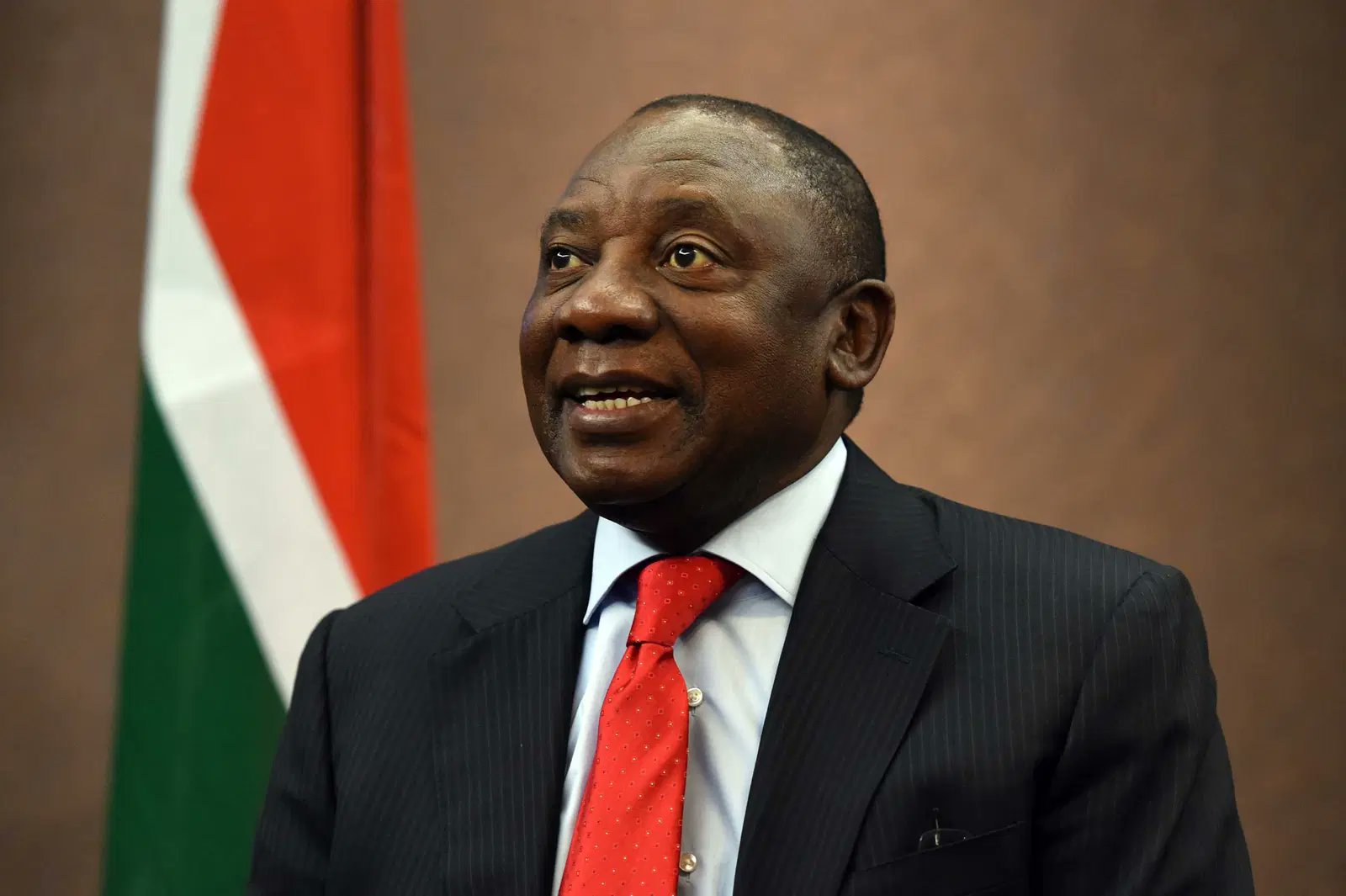News
South Africa’s Government Ignores Private Sector, Hindering Economic Growth

Corporates ready to invest, but policies push them away
South Africa’s private sector is sitting on a mountain of cash over R1.5 trillion, yet much of it is idling, unable to find a welcoming environment in which to invest. According to Stanlib chief economist Kevin Lings, the government has spent the past year focused on policies that do little to spark economic growth or boost business confidence.
Speaking at the 2025 Morningstar Investment Conference, Lings highlighted a worrying gap between government rhetoric and action. “The government knows exactly what is needed to boost the economy,” he said, “but for various reasons, they simply don’t do it.”
Policies that miss the mark
Over the past year, the government has rolled out high-profile initiatives: the Expropriation Bill, new BEE targets, the National Health Insurance Act, and the BELA Act. While these may serve other social or political objectives, Lings warned they fail to move the needle for private investment.
“Which business says, ‘Look, South Africa has a shiny new Expropriation Act, let’s invest?’” Lings asked. “Or new BEE targets? Or NHI? Businesses are not going to pour money into the economy because of these measures.”
Instead, companies look for improvements in areas that directly impact their ability to operate and grow: reducing crime, improving service delivery, and making it easier to do business. These are areas the government has consistently promised to address, yet implementation remains slow.
The cost of inaction
South Africa’s economic growth has languished under the weight of stalled reforms, and employment opportunities are limited as a result. Lings emphasized that the private sector, with its strong balance sheet and low debt levels, is uniquely positioned to invest in infrastructure and job creation, resources the government increasingly cannot provide.
“The business community is the only community with a balance sheet. It can leverage, borrow, and invest in growth and employment,” he explained. “If the government focused on enabling conditions instead of just social or political measures, businesses would invest and the economy would grow.”
Public and business frustration
On social media, investors and industry commentators have voiced frustration over the government’s apparent priorities. Many argue that focusing on BEE and NHI reforms without improving crime prevention, service delivery, and regulatory clarity undermines confidence.
Lings’ message was clear: ignoring the private sector comes at a steep cost. South Africa has the tools to catalyse investment and employment growth, but unless government policy shifts to support businesses, those opportunities will remain out of reach.
“Do not ignore the right-hand side of the policy equation,” he urged. “If you do, you are ignoring private businessthe very engine the country needs to grow.”
A missed opportunity for infrastructure and jobs
With corporate cash reserves ready to be deployed, Lings stressed that the window for transformative investment is openbut closing fast. South Africa’s infrastructure needs are pressing, and private capital could fill the gap, creating employment while improving critical services.
But until the government listens to what the business community needs, R1.5 trillion will remain static, and the economy will continue to stumble.
{Source: Daily Investor}
Follow Joburg ETC on Facebook, Twitter , TikTok and Instagram
For more News in Johannesburg, visit joburgetc.com



























